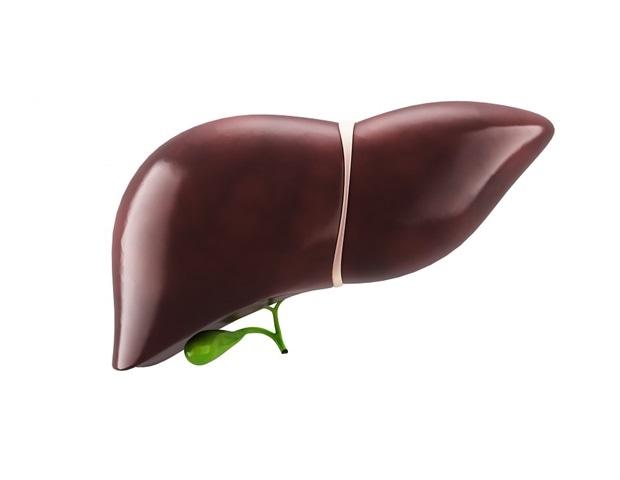The University of Barcelona has led a study that suggests using the drug known as pemafibrate to treat liver disease associated with metabolic disorders, the most common liver pathology in the world, which affects one in four people. The drug has long been marketed in Japan for another use: improving blood lipid levels in patients with hyperlipidaemia, a common condition in diabetics. Now, however, it could help address this serious liver disease, which still has no specific treatment.
The study, carried out on laboratory animal models and published in the journal Biomedicine & Pharmacotherapy , was conducted by a team led by Professor Juan Carlos Laguna, from the UB's Faculty of Pharmacy and Food Sciences, the UB Institute of Biomedicine (IBUB) and the Physiopathology of Obesity and Nutrition Networking Biomedical Research Centre (CIBEROBN). The study has been carried out in collaboration with the research group of Professor Conxita Amat, from the Department of Biochemistry and Physiology of the same UB faculty, and the UB's Nutrition and Food Safety Research Institute (INSA-UB), based at the Torribera Food Campus. Metabolic dysfunction-associated steatotic liver disease (MASLD) is a condition formerly known as non-alcoholic fatty liver disease .

It is a multisystem disorder, with a very heterogeneous origin and a diverse course that can degenerate into cirrhosis, liver cancer or liver failure. It usually has no clear symptomatology and the early stages can last for decades..























